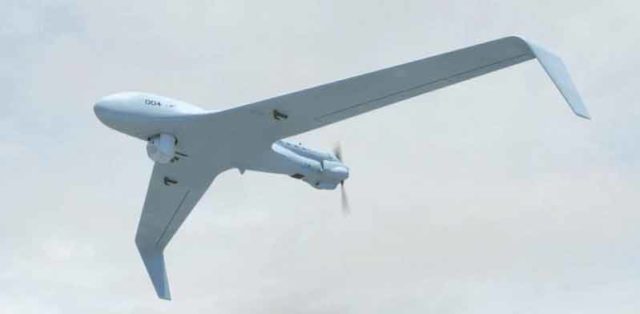The United States and Israel
The United States released the first part of its Middle East Peace Plan devised by President Donald Trump’s son-in-law and senior advisor, Jared Kushner. The economic section, part one of the two-part plan, calls for $50 billion investment into Palestinian territories. The Trump administration envisages open markets in the West Bank and Gaza Strip to provide long-term economic growth. Meanwhile, neighboring Persian Gulf countries would provide financial support with an infrastructure bank to provide various grants, subsidized loans, private investments and develop infrastructure projects. Other projects pertaining to telecommunications, tourism, and healthcare would also be developed. Critics contend that the plan so far only uses economic incentives to solve a political problem. The second, political, half of the proposal is due this fall.
The White House dispatched its top national security officials to the Middle East to reassure allies following increased tensions with Iran. U.S. National Security Advisor John Bolton visited with Israeli Prime Minister Benjamin Netanyahu, while Secretary of State Mike Pompeo stopped in Saudi Arabia, and Iran envoy Brian Hook went to Kuwait. Despite President Trump’s decision to call off an air strike on Iran, Bolton says that careful deliberation is not the same as weakness. Bolton commented on the strength of the relationship between the U.S. and Israel, claiming it has never been stronger. Hook spoke in Kuwait about maritime security, and Secretary Pompeo talked in Saudi Arabia and the United Arab Emirates about the United State’s continued commitment to its alliances with the two states.
Israel
In mid-June, the Israel Defense Forces (IDF) conducted an extensive five-day military drill. The drill, called “The First Harvest”, included ground troops, fighter jets, helicopters and a variety of military vehicles, and was conducted in the northern region of the country. The exercise was designed to simulate large-scale warfare against Hezbollah in Lebanon, and is the largest drill of its kind since 2017. That exercise also simulated a conflict with Hezbollah.
Israel Military Technologies
In early June, the IDF committed to deploying surveillance cameras and other sensors around the West Bank to combat recent terrorist attacks against soldiers. The system will also use advanced computer algorithms to identify potential threats and alert soldiers via smart watches and other wearable computers.
Elbit debuted its newest drone at the Paris Air Show in mid-June, the Hermes 45. The new UAV is designed to improve intelligence gathering and reconnaissance for both ground troops and naval squadrons and does not require a runway to launch.
Foreign Military Sales
India canceled a $500-million agreement with Israeli defense contractor Rafael to purchase Spike anti-tank missiles after its defense procurement agency claimed that it could create a cheaper alternative within two years.
The U.S. is currently negotiating with Israel to purchase two Iron Dome batteries. The Pentagon believes the system could help bridge the gap between the mobile short-range air defense system (MSHORAD) and Patriot for short-range missile defenses of land assets.
Elbit has prepared to close in on a $180 million dollar deal with the Philippines. The deal, negotiated for the supply of multiple unmanned aerial vehicles (UAV), is to be signed towards the end of June or beginning of July. The UAV models, the Hermes 900 and Hermes 450, are designed for long-range missions.
The announcement of a merger between two major U.S. defense contractors could create opportunity for Elbit. Raytheon Co and United Technologies Corporation’s proposed consolidation could trigger divestments that would allow Elbit to expand its U.S. operations.
Jewish Policy Center intern Catherine Goodwin compiled this report.


